World Health Day is being marked today under the theme Health For All, a goal proposed four decades ago by the World Health Assembly, the World Health Organization’s highest decision-making body.
The World Health Organization is also marking its 75th anniversary, thus, it gets the opportunity to reflect on public health successes over the last seven decades, and also look for ways to address the future’s health challenges.
As of 2020, only 20 out of 54 African countries had a formal political commitment to prioritize universal health coverage as part of their development agenda.
Health For All as a goal emphasizes providing the highest level of healthcare to all communities.
For sub-Saharan Africa, a region that faces more than 100 health emergencies per year, the road to achieving universal health coverage has been anything but smooth.
As of 2020, only 20 out of 54 (37 percent) African countries had a formal political commitment to prioritize universal health coverage as part of their development agenda.
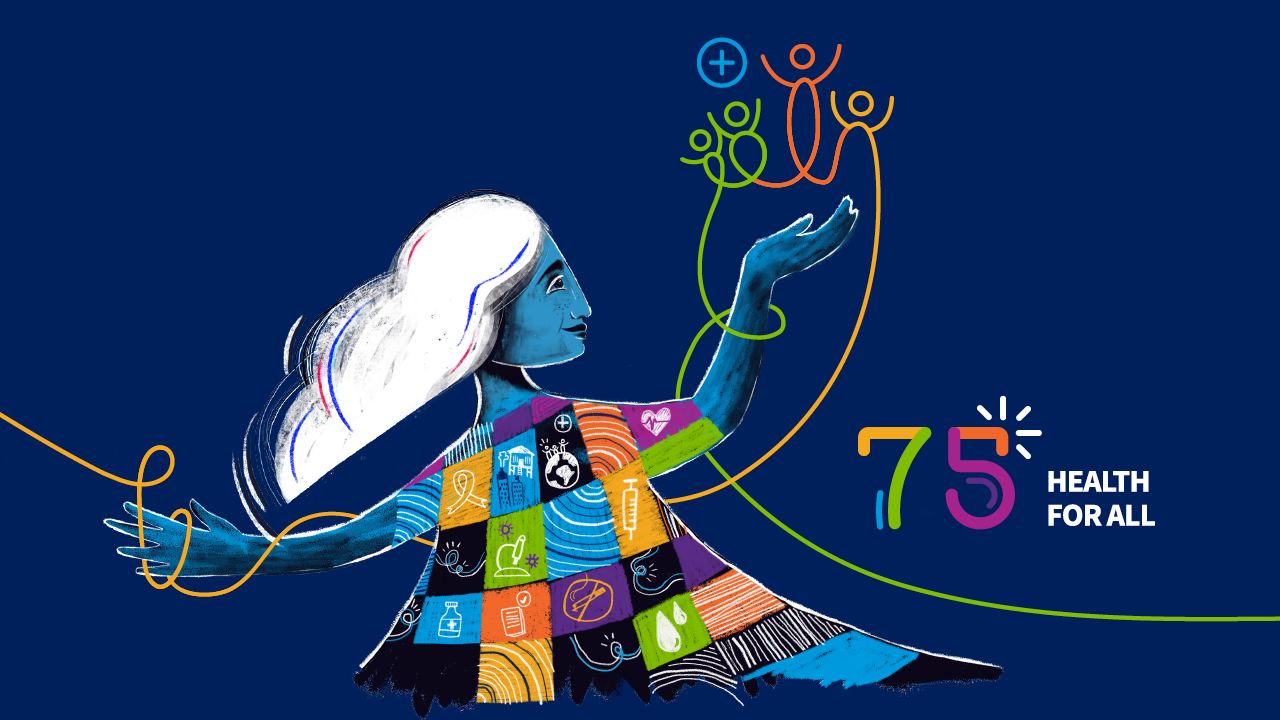
In a 2021 study published in the South Eastern European Journal of Public Health, Nigerian researchers Mobolaji Modinat Salawu, Obinna Emmanuel Onwujekwee, and Olufunmilayo Obitola Fawola noted that African nations had failed to achieve the mandate of Health For All forty years after the Alma Ata Declaration of 1978.
The Alma Ata Declaration, which was later reaffirmed by the 2018 Astana Declaration, emphasized the need for all governments, health and development workers, and the global community to build strong primary healthcare systems.
The WHO endorsed the Astana Declaration to renew the commitment to strengthen primary healthcare and achieve universal health coverage.
But in 2021, the State of Health Coverage in Africa Report indicated that only 48 percent of Africa’s population received the healthcare services they required.
There have been positive developments
“It is clear that achieving the highest possible level of healthcare in Africa remains a distant reality, but there have been positive developments over the last two decades,” said Catherine Onyait, a research scientist from Uganda.
By 2019, 35 African countries had a universal health coverage service index above 40 and none was below 20. Six countries also had their index exceeding 60, compared to 1 in 2000.
“If you refer to the 2022 Tracking Universal Health Coverage in the WHO African Region report, you can see that there have been positive trends.”
The report indicated that Africa’s population-weighted universal health coverage service index rose to 46 in 2019, from 24 in 2000.
By 2019, 35 African countries had a universal health coverage service index above 40 and none was below 20. Six countries also had their index exceeding 60, compared to 1 in 2000.
While most governments continue to fund healthcare below their agreed targets of allocating it 15 percent of their national budget, there has been an increase in capital health spending in recent years.
In recent years, the infant and under-five mortality rates have decreased by more than half and considerable effort has been made in combatting HIV and Aids.
Botswana, for instance, increased its healthcare expenditure in recent years, to 14 percent of the national budget in 2019.
The Covid-19 pandemic and other diseases like Ebola and Marburg were partially responsible for the increased expenditure on healthcare, as more laboratories, research facilities, and Intensive Care Units were established or improved.
Improved research funding led to the development of African Covid-19 therapeutics in Uganda, Ghana, South Africa, and Egypt.
In recent years, the infant and under-five mortality rates have decreased by more than half and considerable effort has been made in combatting HIV and Aids.
The WHO reported a 42 percent decrease in Aids-related deaths in the WHO Africa region between 2010 and 2017.
More investments and eliminating corruption
“Strides have been made but significant allocations of public and non-government funds are still required to achieve better health outcomes,” said Emmanuel Mwamba, a public health researcher from Tanzania.
The WHO estimates that an additional 41 dollars per person per year is required in low and middle-income countries to make progress towards the healthcare targets of SDG 3 by 2030.
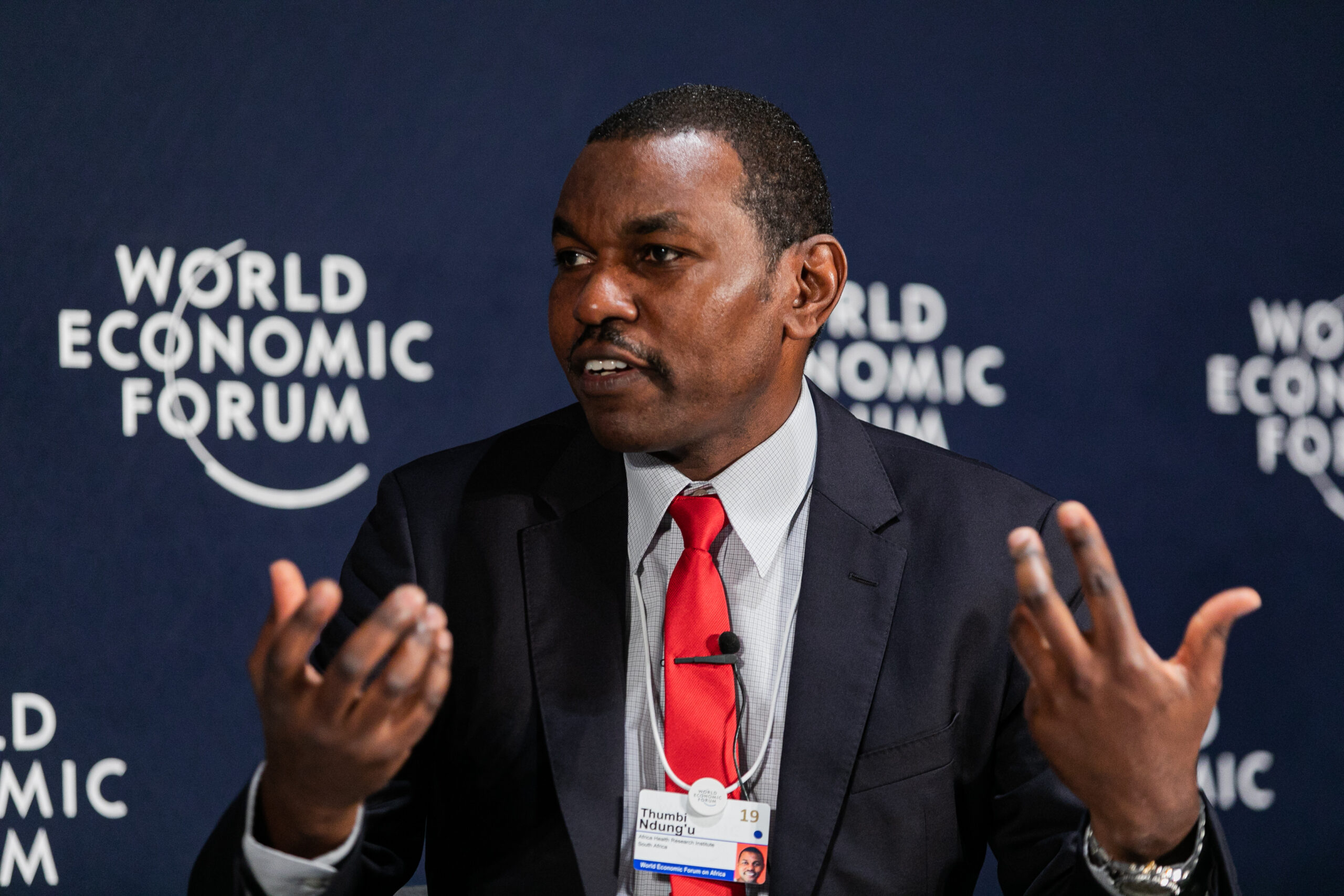
Professor Thumbi Ndung’u, the director for Basic and Translational Science at the Africa Health Research Institute (AHRI) in Durban, South Africa, told the AfS that Africa’s approach to Health for All initiative should be more investments and addressing inefficiencies and corruption.
“Governments must increase budgetary allocations to healthcare. They spend very little and that is why there is a need for reforms in healthcare financing,” Professor Ndung’u said.
“Achieving universal access to sustainable health for all by 2030 is possible, but it will require governments, civil society, and other stakeholders to work together.”
He added: “Another way of improving healthcare systems is through universal childhood immunization for vaccine-preventable diseases and investment in training of healthcare workers.”
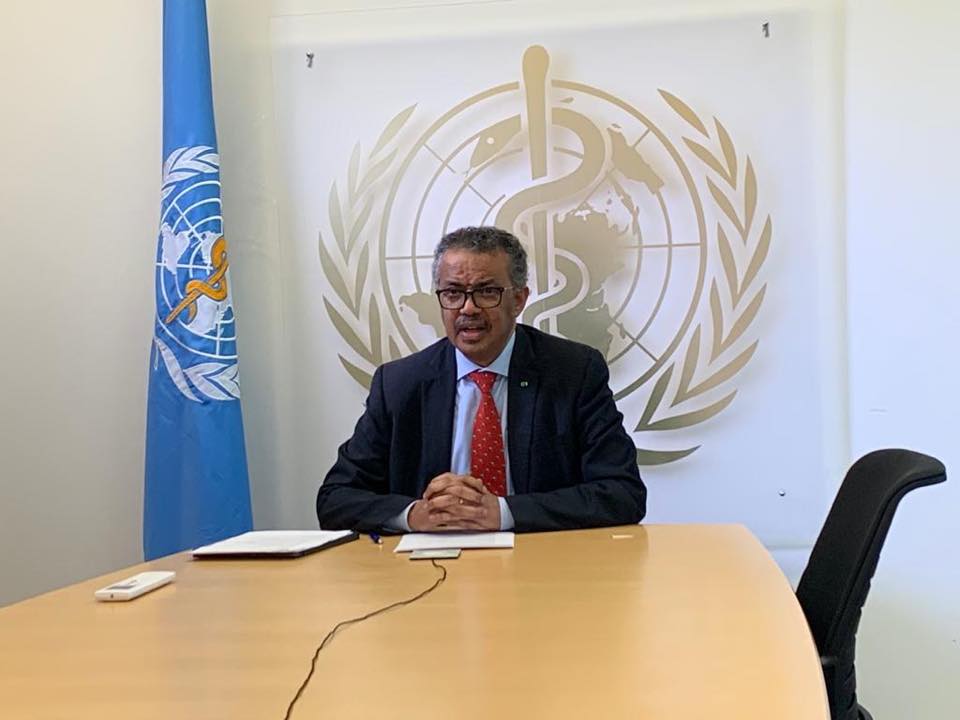
Dr Tedros Adhanom Ghebreyesus, the WHO Director-General said investments in education, skills, and decent jobs in the healthcare sector must be prioritized to avert a projected shortage of 10 million healthcare workers in low-and middle-income countries by 2030.
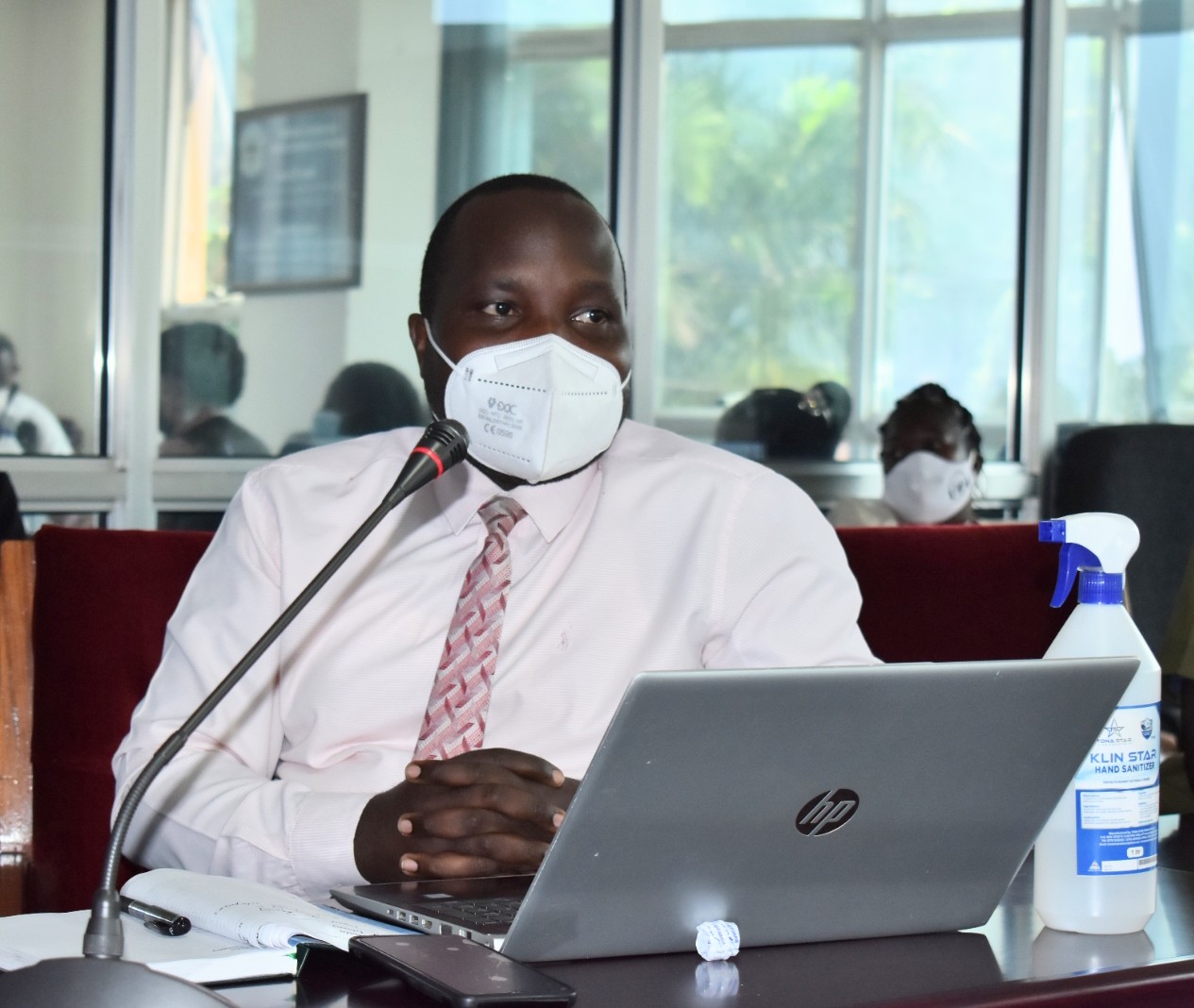
Dr Peter Wambi, a health planner and researcher from Uganda, told AfS that while there has been progress in the provision of healthcare services in the last two decades, stagnations across regional blocs mean that only a few countries will meet higher standards of health coverage by 2030.
African researchers have argued that genetic engineering has the potential to significantly reshape sub-Saharan Africa’s public health ecosystem and reduce disease burden.
“There must be a fundamental shift in the mindset of both the leaders and the citizens. Investments in healthcare should be prioritized and measures to efficiently use the meager resources must be strengthened,” Wambi said.
Onyait said cost-effective basic healthcare services delivered through local health centers and small referral hospitals in rural and peri-urban areas will help in reducing the disease burden and facilitate progress towards the realization of aspiration 1 of the African Union’s Agenda 2063.
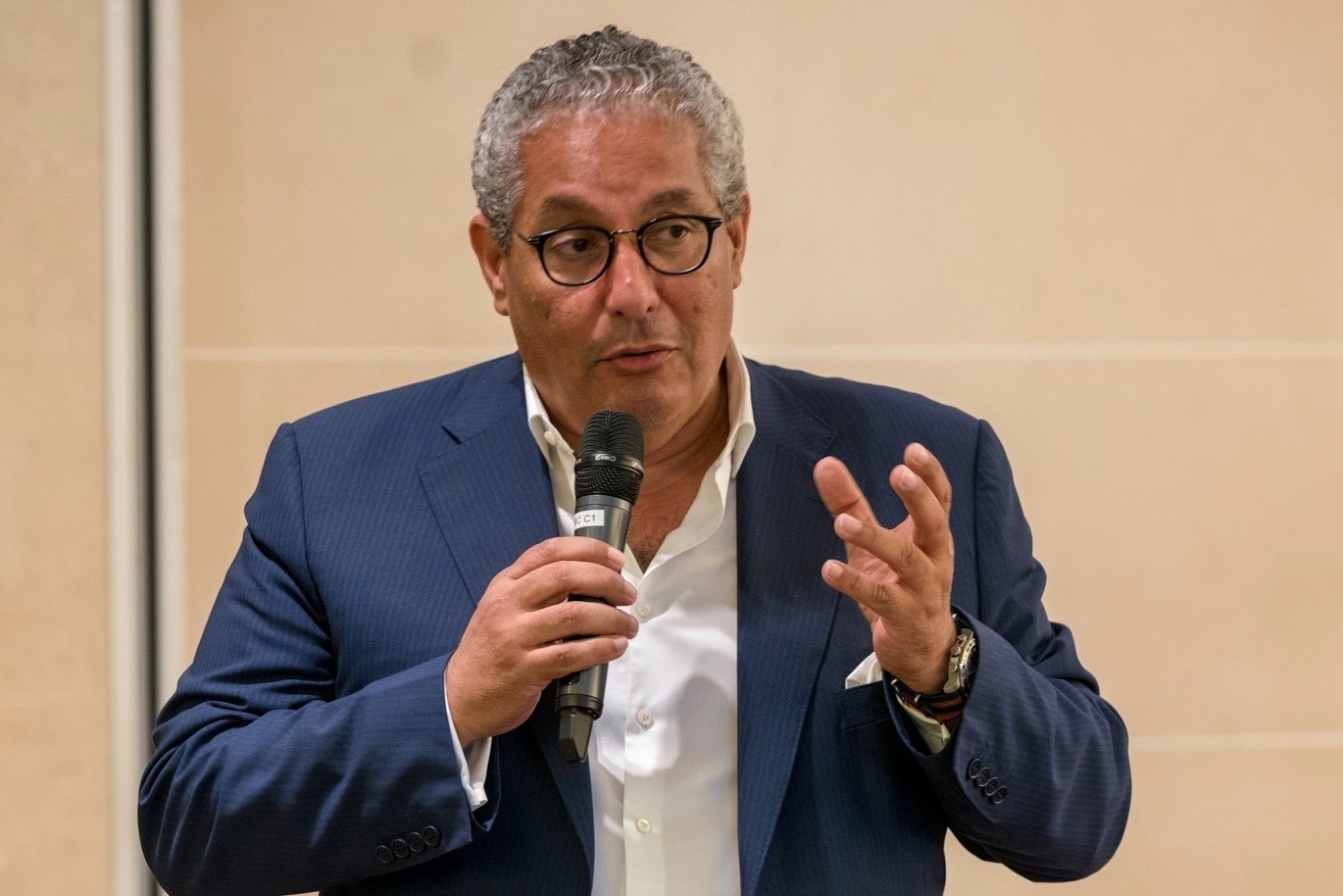
Karim Bendhaou, the chair of the International Federation of Pharmaceutical Manufacturers and Associations‘ Africa Engagement Committee said that a thriving innovation ecosystem is essential to Africa achieving universal health coverage.
He noted that the private sector, as recommended by the WHO, would be an invaluable partner in efforts to increase access to healthcare services and strengthen local capacities.
African researchers have also argued that genetic engineering has the potential to significantly reshape sub-Saharan Africa’s public health ecosystem and reduce disease burden.
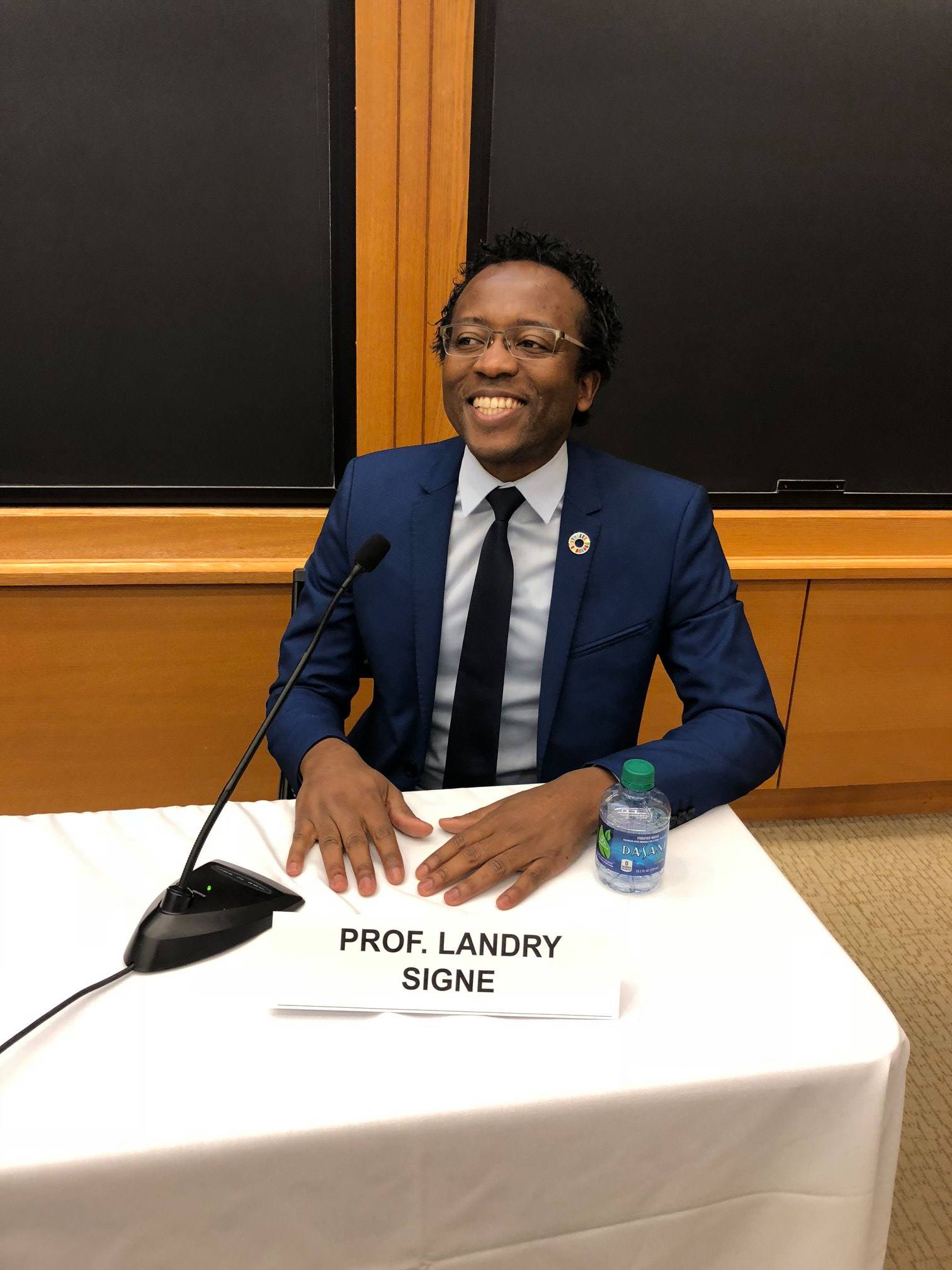
In his book Africa’s Fourth Industrial Revolution, Professor Landry Signe, a Cameroonian senior fellow in the Global Economy and Development Program and the Africa Growth Initiative at the Brookings Institution, said that biotechnology has implications beyond gene editing, including the development of new medicines.
He wrote that biotechnology plays an important role in driving research and cited Target Malaria‘s research alliance, which released genetically modified mosquitoes in Burkina Faso in 2019, propelling their goal of bioengineering to eradicate the disease.
